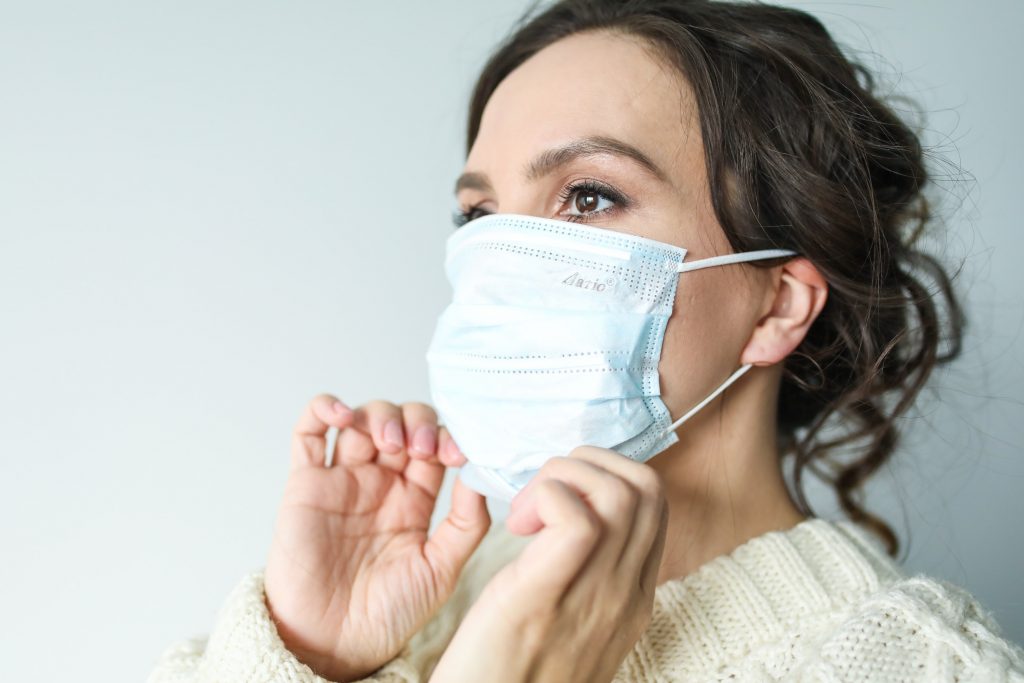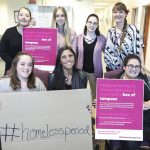BY KATHLEEN BOLUS
Local students studying for careers in health care are finding themselves on the front lines of the pandemic before they even have a degree.
University of Scranton and Geisinger Commonwealth School of Medicine students are joining their peers around the region to help with the COVID-19 vaccine rollout.
“A lot of us 100% wanted to help the second we could,” said Katherine Snyder, a fourth-year medical school student from Dallas. “We wanted to be involved in whatever way we could. We want to serve our community, we want to serve the patients who are at risk.”
Since January, medical and nursing students, under the supervision of their professors and licensed professionals, have been volunteering to give COVID-19 vaccines at nursing homes and at vaccine clinics around the region. University of Scranton students helped vaccinate those in the 1A category at the Throop Civic Center last month; medical school students administered vaccines to Geisinger health care workers. In April, 15 Geisinger Commonwealth School of Medicine students requested to graduate early to join health care workers battling the virus.
University of Scranton nursing student Audrey E. Campo of Clarks Summit first began vaccinating people 65 and older before inoculating front-line health care workers, including dental hygienists.
Campo, a junior, learned about vaccinations during her sophomore year, and the COVID-19 vaccines were the first shots she had administered.
She had to pass a demonstration lab before she could volunteer and works with a supervisor while injecting the vaccine into the deltoid muscles of patients.
“I never even thought in my life we’d be dealing with a pandemic,” she said. “It makes me feel like I made the right decision and went with the right school.”
University of Scranton nursing professor Mary Jane K. DiMattio, Ph.D., R.N., said that while volunteering to administer vaccines is not new — students have helped out at flu clinics in the past — it has been a fantastic experience for students who have been limited in their clinical and in-person training because of the virus.
“This is an opportunity for students to get additional experiences with real patients,” she said.
The students get to practice their therapeutic communication skills if a patient is hesitant about receiving a dose or needs some reassurance, she said.
The University of Scranton’s mission is service- and community-oriented, and the professors and students are willing to help out whenever they’re needed, she said, noting that one of the issues they’ve run into is the availability of the vaccines.
“We have to be flexible, but we teach our students that flexibility is a hallmark of nursing,” DiMattio said.
Contact the writer: kbolus@timesshamrock.com; 570-348-9100 x5114




